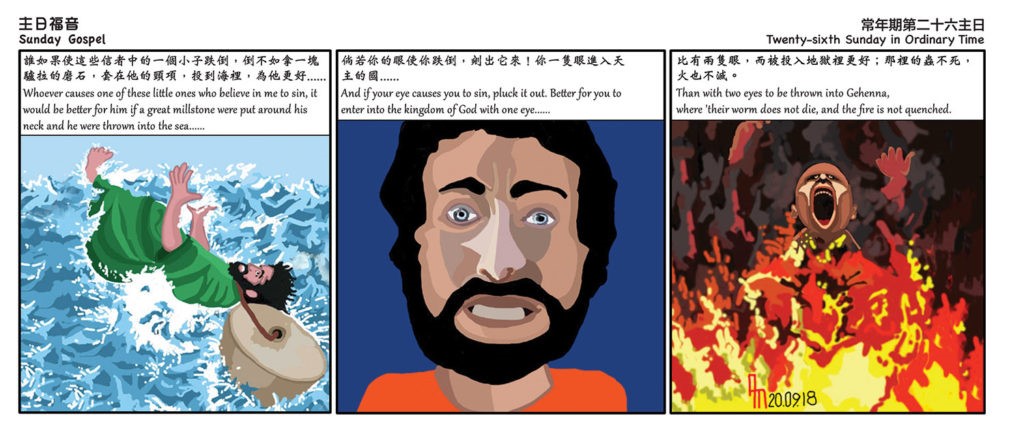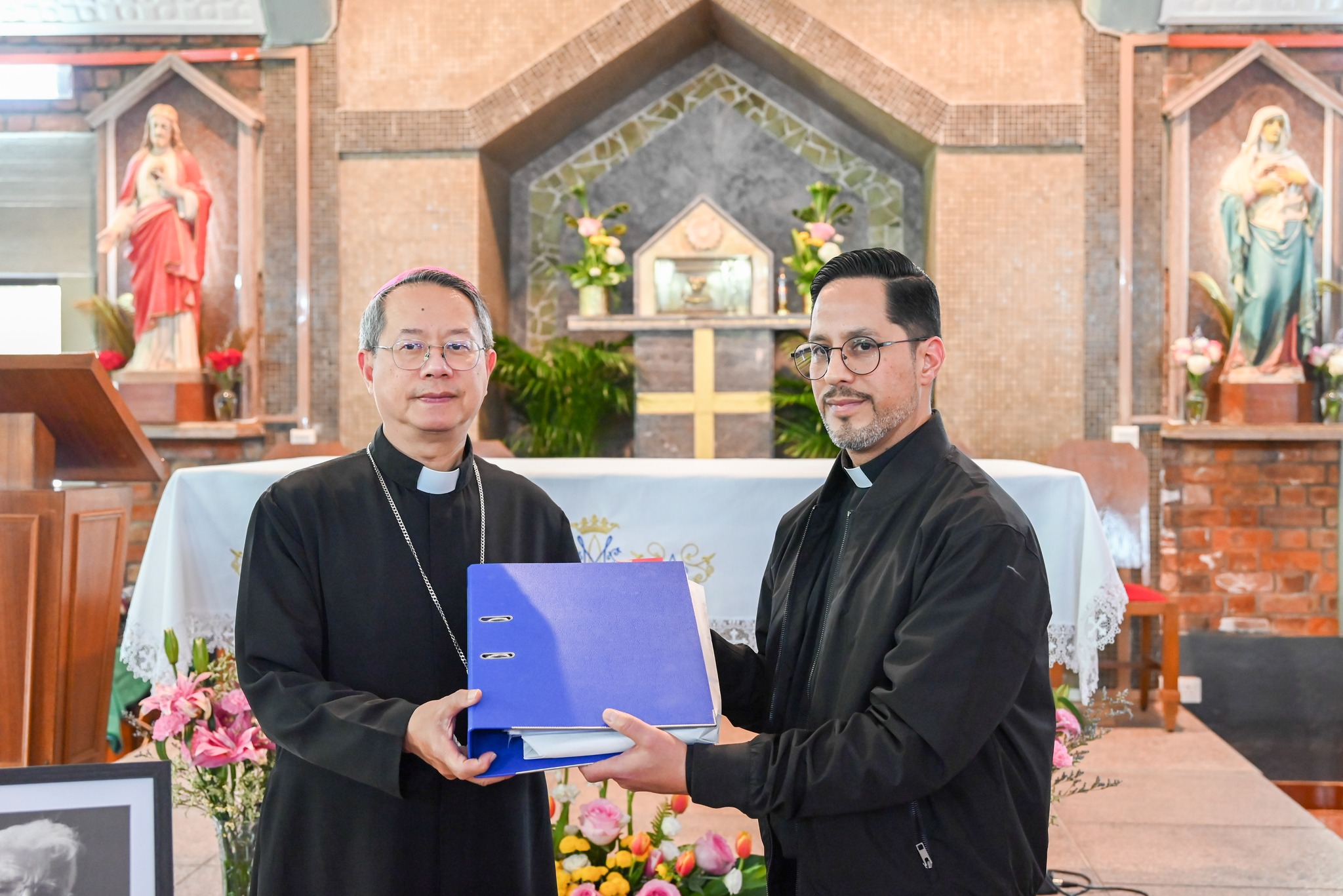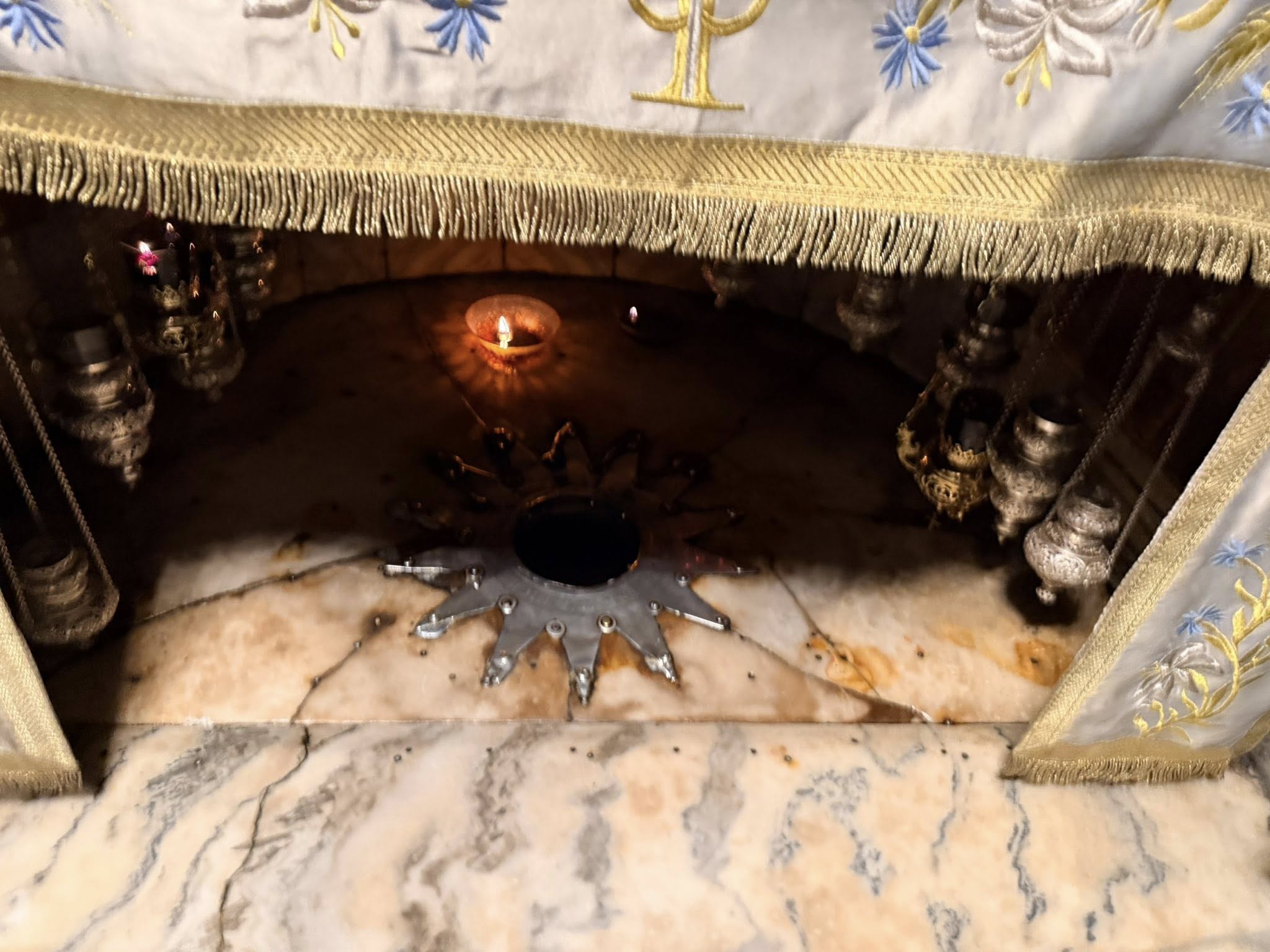30 SEPTEMBER 2018 - 26TH SUNDAY IN ORDINARY TIME (B) NUM 11:25-29; JAS 5:1-6; MK 9:38-43, 45, 47-48
Fernando Armellini SCJ
Claretian Publications, Macau
The disciples were surprised, disappointed and even irritated. They ask: how can one who does not follow us, not belonging to our group, perform the same wonders or realize it even more?
If someone does the same ministry as we do, does it make us rejoice or worry? Who is allowed to use the name of Jesus? To whom did he leave as legacy his Spirit, the power that heals every disease? The episode in today’s passage answers these questions.
In ancient times it was a practice to call names of the healers or angels, demons and some characters renowned for their therapeutic powers. They started to call the name of Jesus along with that of other exorcists., who has become famous throughout Galilee.
One day John runs to the teacher and tells him: We have found that there is around “our dangerous rival;” he cures people resorting to your name and we have warned him, because he is not one of us, “he does not follow us,” and has not our authorization.
Note the reason given: he does not follow us. He does not say that “he does not follow Jesus,” but that “he does not follow them, the disciples,” revealing thus that they had a rooted conviction of being the only and indisputable custodians of the good. Jesus belonged only to them; they were the point of reference required for anyone who wants to invoke his name. They felt annoyed that someone was to carry out miracles without belonging to their group.
None of us should feel bad if, during the vintage or the harvest, a stranger offered to help out in the vineyard or in the field. It would be ridiculous and petty to regret because the aide works harder and better than us.
Instead if one is saddened when he learns that a non-believer performs even heroic acts of love of which they are capable, the reaction is usually the same as the apostles’. He pretends not to see, tries to ignore, minimizes; does not rejoice in the good done by others because it costs to admit that there are followers of other religions better than us. We don’t accept voluntary lessons of honesty, loyalty, non-violence, hospitality, and tolerance from anyone.
The discriminating principle suggested by Jesus is clear: “anyone who acts on behalf of man is one of us.” The Spirit is not a monopoly of the ecclesiastical structure; it is as free as the wind. The Spirit acts in the Church and outside it.
Translated by Fr John Ledesma SDB
Abridged by Fr Jijo Kandamkulathy CMF
Christian way of tolerance and intolerance
Paul Yeung
www.FLL.cc
The mission that Jesus has entrusted to his disciples is to be accomplished in a collective and collaborative way. It must not be privatized or controlled by an elite group of individuals. We cannot exclude others because we are all members of the same Body of Christ. We share the same common mission and contribute to it in an unique way according to the talents God has given each one of us. Jesus calls all people to be his disciples and to share the same mission in spreading the Good News. As such, we need to have a grander vision and a more inclusive mentality as Jesus does: “For he that is not against us is for us.” (Mark 9:40) Jealousy and intolerance have no place in the realm of the Kingdom of God.
Besides working with fellow Christians, we are encouraged to work also with other people with different religious backgrounds and non-believers in doing good works because we are all God’s creation and share the same humanity. That is the true spirit of ecumenism and of the Gospel.
There is only one exception to this inclusive mentality. That is, we must never collaborate with evil. While we must work together to bring other people into God’s sheepfold, we ought to be vigilant not to become a stumbling block for others in their pursuit of truth and Christ. Jesus uses the analogy of the great millstone and of the bodily dismemberment to illustrate the seriousness of leading others astray and indulging oneself in sinful acts (Mark 9:42-47) (ref. Ignatius Catholic Study Bible). If there are any stumbling blocks preventing us from attaining holiness, whether they be bad habits or even bad close friends whom we cannot change, we need to take drastic measures to “cut them off” (Mark 9:43,45). Otherwise, they will be like tumours causing us and in turn others to sin and to turn away from God. We need to take firm and decisive actions on this serious matter if we are determined to follow the path of Christ and to bring others to Him.


 Follow
Follow


